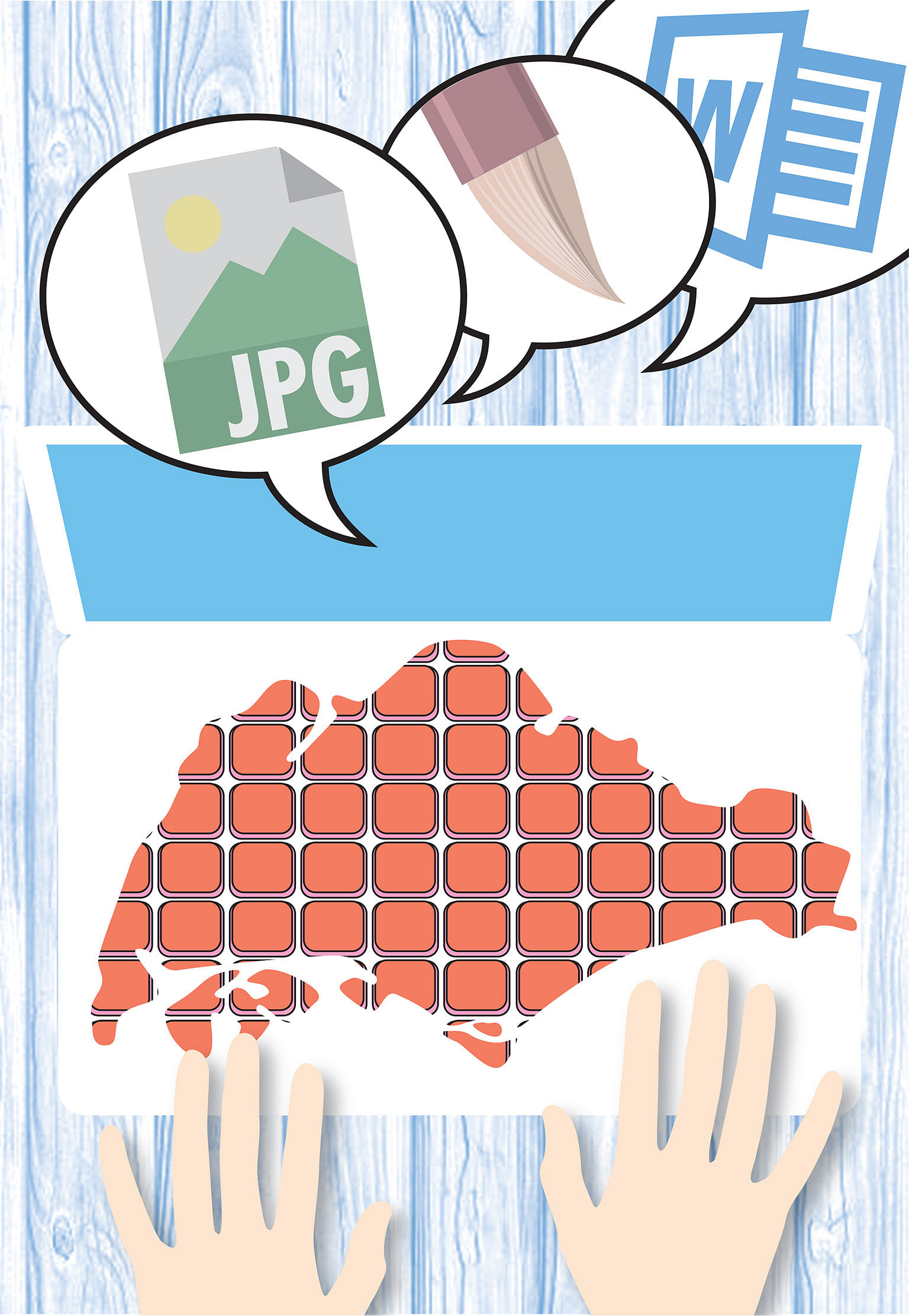In February, Mr Cai Yinzhou posted on Facebook his list of recommendations on what should be done to keep foreign workers living in dormitories safe from the Covid-19 pandemic.
Among his suggestions: reducing the numbers living together in rooms which he said were packed with 10 to 20 of them, issuing masks to them, stricter enforcement of hygiene standards in large dorms with more than 1,00 workers, and what to do when the dorms are infected.
Nothing remarkable?
He wrote it on Feb 15, a month and a half before the first cluster outbreak at two large dorms and when Singapore was being praised internationally for being a gold standard at keeping the virus under control.
Alas, his post did not receive much attention at the time.
But Mr Cai is finally getting the recognition he deserves as the first winner of a new storytelling award which was launched last Friday.
Called the SOAP awards (Stories of a Pandemic), it will be given out monthly for outstanding work of storytelling, commentaries and visuals on the Covid-19 pandemic in Singapore by anyone writing in media publications or in their own personal blogs and Facebook accounts.
Over the past few months, a group of us have been looking out for these works published or posted since January when the virus first made the news.
Why have we decided to do this?
When you write about your own experience during a crisis, how it has affected you, what you think should be done to manage it better, or take photos showing how it has changed lives, I think it helps you make better sense of what is happening, not just to you personally but also for the larger community.
And when others read your work, it helps develop a shared experience about how we are connected by a common problem.
When you read the accounts of how other people cope or struggle with it, you begin to appreciate the diversity out there, that though we are one country, we are among people with very different experiences and circumstances.

These differences exist in normal times, but it is when there is a crisis that we become more interested in how others are affected, perhaps because we want to understand the problem better so that we can be better prepared ourselves.
It should not have taken this moment of danger to realise our interconnectedness, but that's how it is.
I think this heightened sensitivity is a good thing, which is why I believe a crisis like this pandemic is the best time to encourage storytelling among Singaporeans.
When we say we should be united and cohesive in tackling it, it should start with talking about our own problems and issues openly and honestly and sharing our stories.
I was fortunate that when I first broached the idea to The Majurity Trust (TMT), a philanthropic organisation with many projects to help build a better and more caring Singapore, it immediately agreed with generous and encouraging support.
Mr Cai's winning post is a great example of what we were looking for, not just because it was spot on with its analysis but also because of who he is.
He has been working with and befriending migrant workers since he was in university and founded an informal community group giving free haircuts and cookouts for them, and sponsoring letters they send home.
After his winning Facebook post and when the circuit breaker was announced, he founded the Covid-19 Migrant Worker Support Coalition, which now has 700 volunteers, and which has raised $800,000.
But he told me that donations have dried up over the past few months, an indication, he said, of the severe economic downturn.
When people who know the ground write about issues concerning the work they do, their different perspectives help deepen our understanding of what is happening.
That's what we should encourage more of, and in the process help strengthen our sense of community.
But it was another story that gave me the idea to start these awards.
Mr Yusuf Abdol Hamid's account as a Grab delivery rider was published in the online site Rice Media, a delightful if slightly wicked story with photos he took of what it was like delivering food to some of the more exclusive condominiums in Orchard Road.
He had been forced to suspend his photography and video business because of the pandemic, and he wrote from the heart, telling it like it was, going from small business owner to Grab rider.
When he wrote about how small he felt being told to use the back door to deliver food instead of the "regular" entrance, he opened the door for us to peek into a different world inhabited by a good segment of the population.
When I first read it, I wondered how many other gems were out there written by other people about life in Singapore I did not know about, and so started the search for more with the help of TMT and my former colleague from The Straits Times, Mr Alan John.
I was glad to find out from Mr Yusuf that he's back to his regular business, and (surprise!), he actually misses doing his bike rounds.
Among the winners were pieces published by academia.sg, founded by a group of academics writing on Singapore, one by migrant worker help group Transient Workers Count Too, from individuals writing or posting their drawings and photos on Facebook such as Mr Josef Lee, Mr Edwin Koo, Ms Bertha Henson and from mainstream media, including this newspaper.
We also discovered new sites started only recently to keep Singapore's storytelling alive such as What Are You Doing (WAYD) and The Everyday People.
I hope they keep writing and posting their photos and drawings as the SOAP awards will run for some time, given how the pandemic isn't letting up yet.
In every society, there are dominant narratives that shape and influence the way we see ourselves, how we relate to others and where we are heading.
It matters who is telling the stories and in what context.
In an earlier time when Singapore society was more homogeneous, with most people from the same social background, it was easier to make out what the main storylines were.
It isn't so clear now, given the gaping differences in how people live and work and their expectations of the future.
It is hence more important now to look out for, share and listen closely to the different storytellers among us.
They always have something to say which matters to your own story.
• For details of the SOAP awards and the list of winners, go to this website.
• The writer is also senior fellow at the S. Rajaratnam School of International Studies, Nanyang Technological University.

